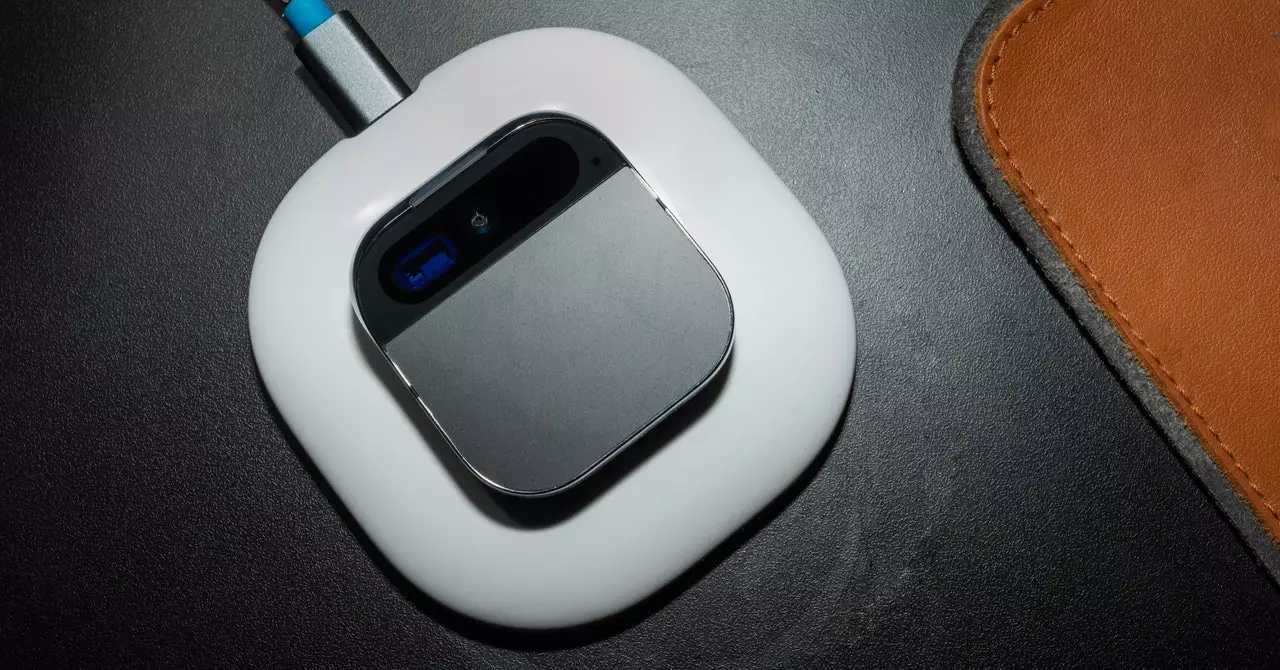Self-reflection and self-criticism are crucial components of personal growth and development. It is essential to take a critical look at ourselves in order to identify areas for improvement and make necessary changes. By being honest and objective in our self-assessment, we can challenge ourselves to become better versions of ourselves.
One of the biggest dangers of lacking self-criticism is falling into the trap of self-delusion. When we are not willing to acknowledge our shortcomings and mistakes, we are preventing ourselves from learning and growing. Without self-awareness and the willingness to critique ourselves, we risk stagnation and complacency.
Constructive criticism, whether it comes from others or from ourselves, has the power to propel us forward. By recognizing our weaknesses and areas of improvement, we open ourselves up to new possibilities and opportunities for growth. Embracing feedback, both positive and negative, is essential for personal development.
Self-criticism also plays a crucial role in building resilience. When we are able to objectively assess our performance and behavior, we are better equipped to handle setbacks and challenges. By identifying areas where we can do better, we are more prepared to face adversity and bounce back stronger.
While self-criticism is important for growth, it is also essential to maintain a balance with self-compassion. Being overly harsh and critical of ourselves can lead to feelings of inadequacy and low self-esteem. It is important to practice self-compassion and treat ourselves with kindness and understanding.
In order to fully harness the power of self-criticism, it is important to cultivate a growth mindset. This mindset allows us to view challenges as opportunities for learning and improvement, rather than obstacles to be avoided. By approaching self-reflection with an open mind and a willingness to change, we can continue to evolve and grow as individuals.
Self-reflection and self-criticism are essential practices for personal growth and development. By being willing to honestly assess ourselves, accept feedback, and make necessary changes, we can become the best versions of ourselves. Embracing self-criticism with a balance of self-compassion and a growth mindset can lead to resilience, learning, and continuous improvement.


Leave a Reply